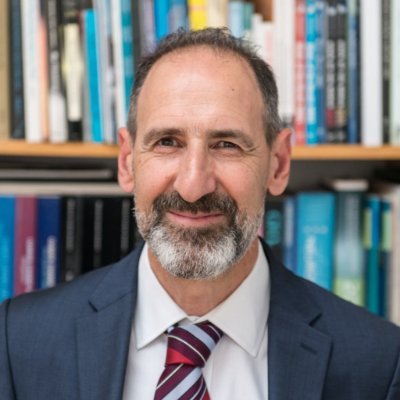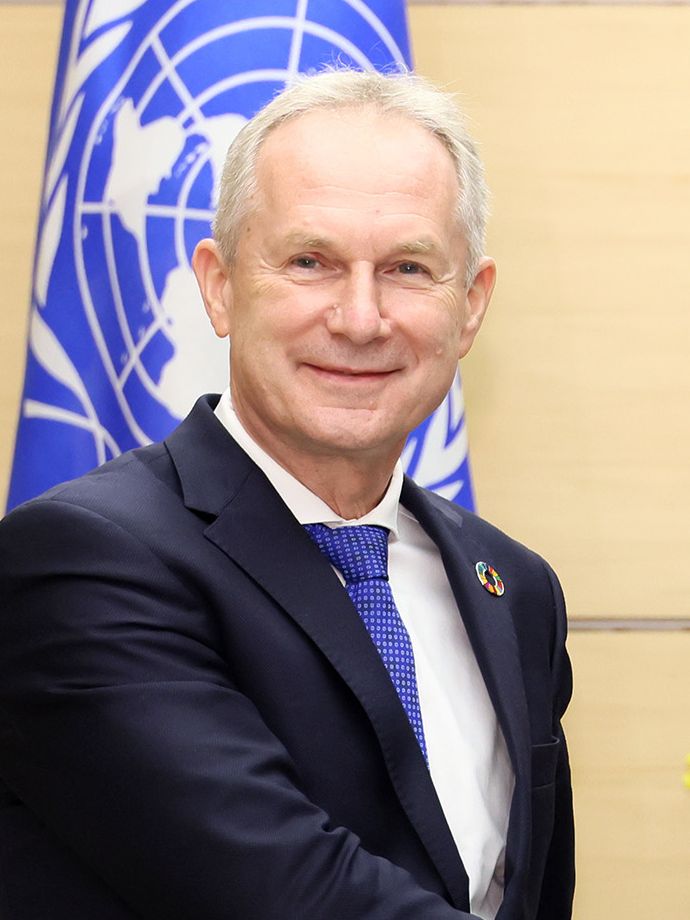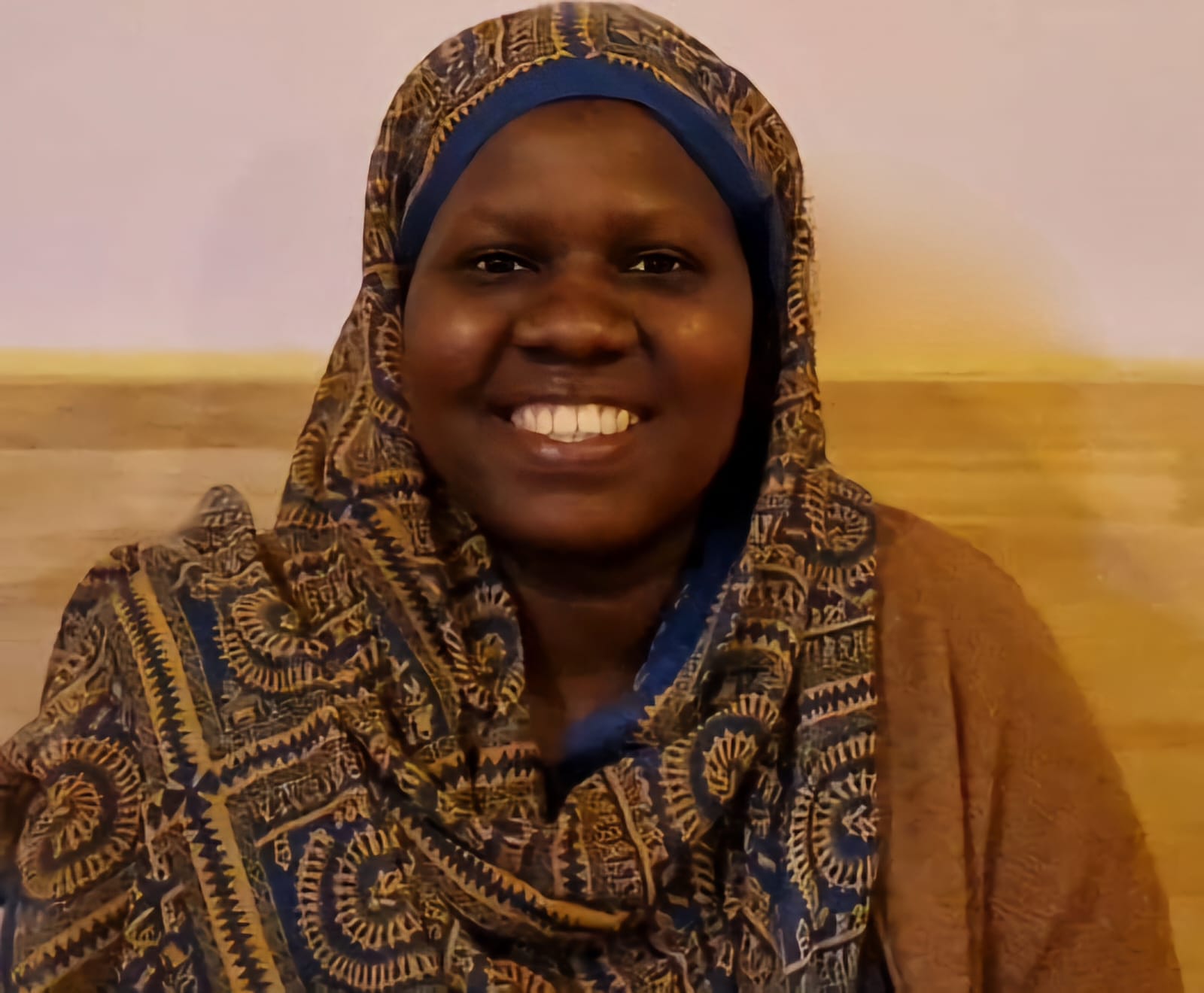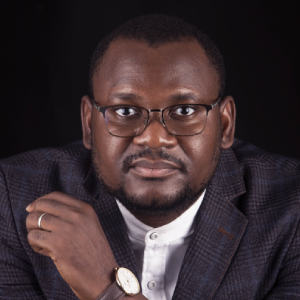The world faces ever more complex, transboundary challenges. Science offers a key to untangling their roots and finding solutions. At this event, expert and high-level speakers will reflect on the role of science in national and international political processes.
In a world affected by pandemics, global warming, environmental destruction and socio-economic transformation, the demand for evidence in policy is sky-high. As noted in a memo released by President Joe Biden ‘scientific and technological information, data, and evidence are central to the development and iterative improvement of sound policies.’ And the US message is echoed internationally. According to the 2021 report of the UN Secretary General ‘all policy and budgetary decisions [of the UN] should be backed by science and expertise’. However, as of 2024, most of the representative forums of global governance (the UN General Assembly, Security Council, the European Union) lack a standing, institutionalised, and well-resourced mechanism for scientific inputs. Indeed, a study on the role of scientific evidence in the UN General Assembly, ‘science has very little representation within the current institutional arrangements of the UNGA’. As the necessity for international cooperation in the face of increasing complex transboundary challenges intensifies, the lack of institutionalised evidence processes needs redress. International policy makers need formalised mechanisms for expert inputs and exchange.
Promoting the use of evidence in international policymaking is by no means easy. As highlighted in extensive academic debate, there is little consensus on almost every stage of the evidence to policy process (Parkhurst 2017, Stone 2019). In such a context it is hard for policymakers and experts to make suggestions on how to engage with one another, how to tailor their policy questions and make relevant their research, how to work within each other’s institutional contexts, and to each other’s timescales. Challenges are definitional (what kinds of evidence count?), institutional (what kinds of evidence to policy mechanisms work?) and scalar (how do we translate our knowledge of national policy processes to the international realm?).
This event will reflect on the findings of a recent research project, led by public policy scholars and experts from the UK and Sub-Saharan Africa, which aimed to gather insights from textual analysis and country-case studies to inspire and inform procedural changes at the international level. A key component of the project was to elaborate a series of detailed case studies from previously understudied Sub-Saharan African countries (including Benin, South Sudan, Tanzania and South Africa) to better understand localised meanings of evidence and local experiences of evidence-to-policy institutionalisation. Combining this evidence with systematic review the group devised policy recommendations on how evidence can be better institutionalized in international policy processes, with specific attention to the UN General Assembly.
This STI Forum virtual side event will be hosted by a consortium of world-leading research institutions including the University of Bristol, On Think Tanks, the African Center for Equitable Development, Samahi Research, the African Centre for Cities, the North-South Institute and the International Science Council.
Date and Time:
Thursday 9th May at 13.15-14.45 EST / 17.15-18.45 GMT.
Register at this link
Log on information:
Join Zoom Meeting
https://us02web.zoom.us/j/85479073514
Meeting ID: 854 7907 3514
---
One tap mobile
+12532158782,,85479073514# US (Tacoma)
+13017158592,,85479073514# US (Washington DC)
---
Dial by your location
- +1 253 215 8782 US (Tacoma)
- +1 301 715 8592 US (Washington DC)
- +1 305 224 1968 US
- +1 309 205 3325 US
- +1 312 626 6799 US (Chicago)
- +1 346 248 7799 US (Houston)
- +1 360 209 5623 US
- +1 386 347 5053 US
- +1 507 473 4847 US
- +1 564 217 2000 US
- +1 646 558 8656 US (New York)
- +1 646 931 3860 US
- +1 669 444 9171 US
- +1 669 900 6833 US (San Jose)
- +1 689 278 1000 US
- +1 719 359 4580 US
- +1 253 205 0468 US
Meeting ID: 854 7907 3514
Find your local number: https://us02web.zoom.us/u/kbZGhYIAxh
Speakers
This will be a moderated panel discussion, chaired by Dr. Jessica Espey (University of Bristol, UK & UNSDSN) and featuring world-leading experts and government representatives.

Jessica Espey
Senior Lecturer, University of Bristol

Salvatore Aricò
CEO, International Science Council (ISC)

Ambassador Csaba Korosi
77th President of the UN General Assembly

Achan Ramlat
Samahi Research

Frejus Thoto
Executive Director, African Center for Equitable Development

Ivor Chipkin
NSI South Africa
How to attend the virtual event
Register at this link
Please note Log On details will be shared with registered participants closer to the event date. The meeting will be held on MS Teams.
